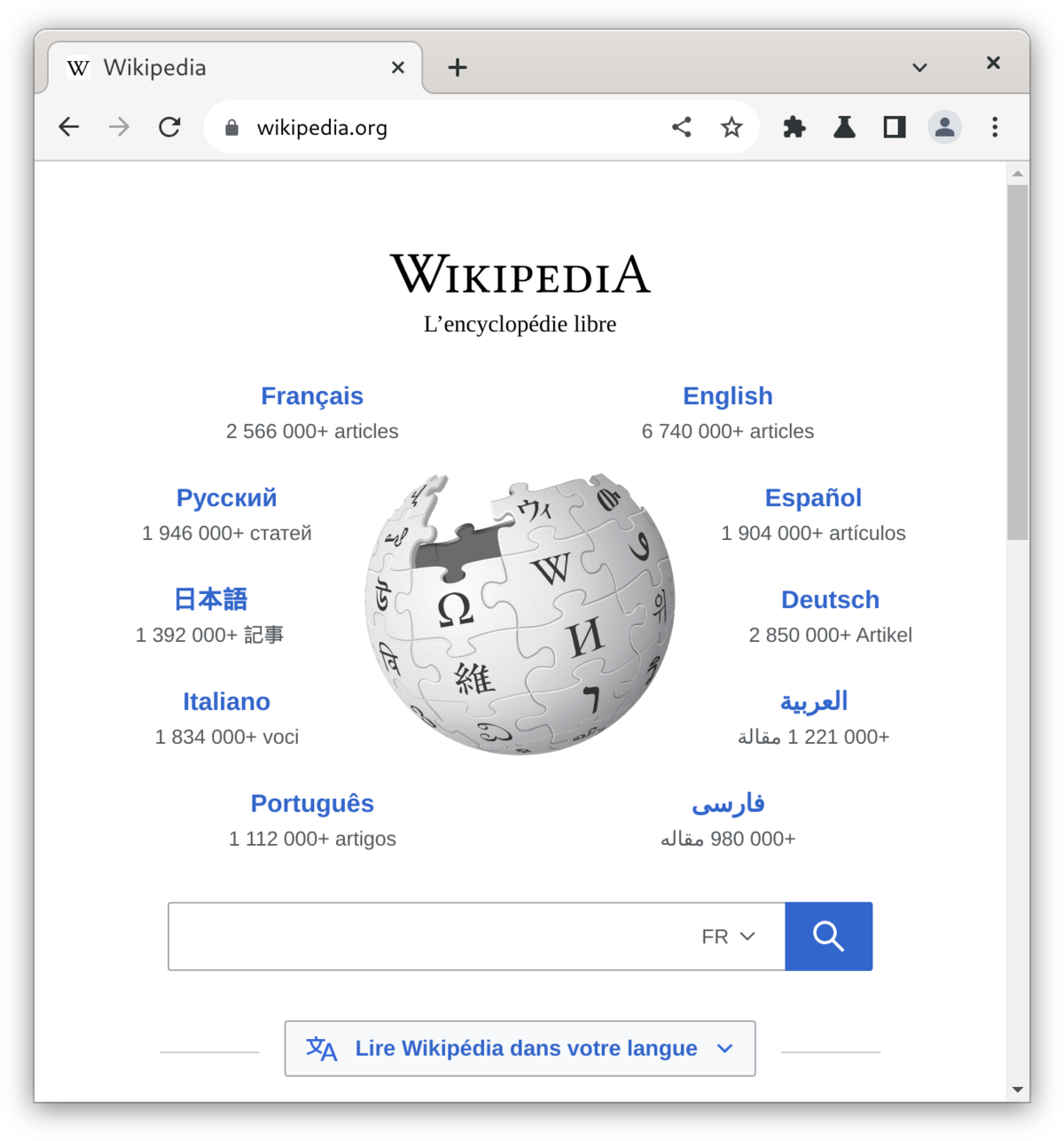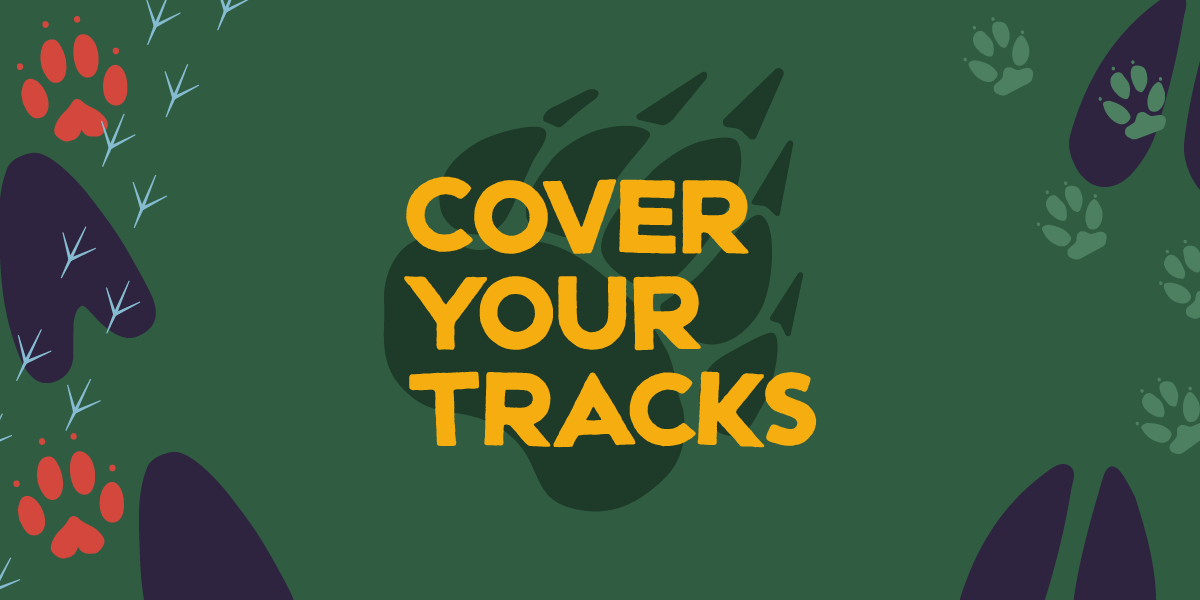EDIT: This turned out much longer than I expected.
Along these same lines, I've been leary of Cloudflare. A large percentage of the internet uses them because they provide a free CDN that's easily configured and has some extra features.
About 20% of the web, that we know of, uses Clouflare:
Cite:
https://w3techs.com/technologies/details/cn-cloudflare
You've seen them interrupt you before. You've even seen them here when we've had some network issues. They were the screen that 'checked your computer' to ensure you should be visiting the site.
You've also seen them throw up a CAPTCHA. They have their own CAPTCHA and don't use the service provided by Google. (Where does all that problem solving energy go? I'm sure they're using that data for something. I suspect they're using it for ML models in the image-recognition department, but I digress.)
So, what happens if Cloudflare decides they just don't like you? What if they don't like your ISP? What if your ISP happens to have some abusive people on it and they decide they don't like the whole block?
These days, some ISPs are using NATed public IP addresses. They function just like your NAT in your home router, but it means multiple people are using the same public IP address. (They should just use IPv6 and using NAT in this instance is pure garbage and a horrible idea.) You might also be sharing an IP address because you're using a VPN.
(Not to mention they seem to already distrust VPN traffic, from what I've witnessed.)
While they've never done so as far as I know, they could pretty much blacklist you. They could cut you off from a very large chunk of the internet - and you have no recourse. There's no appeal. I doubt there are even laws that'd stop them from doing so. Even if there were laws, they'd likely have conditions for 'the safety and security of the infrastructure' which is certainly subjective.
They could really screw with someone.
Code:
Name Server: lia.ns.cloudflare.com
Name Server: mark.ns.cloudflare.com
That's this site. That's Linux.org. We're behind Cloudflare's servers. With the uniqueness of our browser footprint (see
Panopticlick 3.0), we'd have to switch browsers without leaving any clues that it was still us. So, we'd have to change our browser and IP address - and hope they don't notice us. When they do, they could block us again.
Anyhow, that's enough of a rant I suppose.
If you do want to test your browser's fingerprint, here's the direct URL:
See how trackers view your browser

coveryourtracks.eff.org
You're pretty unique. You're easily fingerprinted and singled out, should a company wish to do so. (And they do.)

 github.com
github.com



